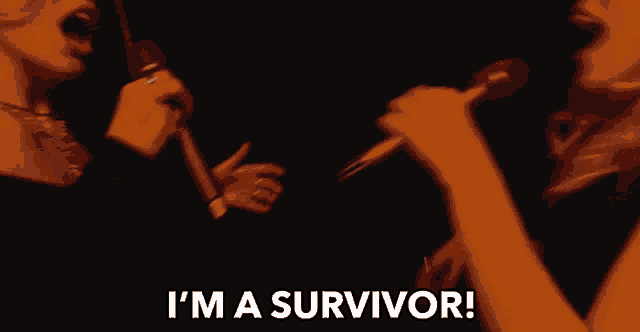Struggling to fall asleep at night isn't just a modern problem. Charles Dickens famously battled insomnia, often roaming the gas-lit streets of London in the dead of night. But his restless routine wasn’t unique—centuries ago, sleeping in two distinct phases was common practice. A 2015 study published in Current Biology found that pre-industrial societies in Tanzania, Namibia, and Bolivia also followed this pattern, suggesting it was once a natural way to rest. Modern sleep researchers now refer to it as polyphasic sleep, according to a report by Inverse —but does it still have benefits today?

Studies on these traditional societies revealed a surprising nightly routine. Lacking access to electricity, people in these communities relied on firelight after dark. Instead of sleeping straight through the night, they would rest for four to five hours, wake up to read, walk, or eat, and then return to sleep later. This approach bears a resemblance to Spain’s siesta culture, where people take afternoon breaks to nap or relax.

A concept well-known in sleep psychiatry, polyphasic sleep refers to breaking sleep into multiple shorter periods rather than one long stretch. Some of history’s most brilliant minds—including Nikola Tesla, Thomas Edison, Benjamin Franklin, Napoleon Bonaparte, Salvador Dalí, and Albert Einstein—are believed to have followed this sleep pattern.
"These historical figures' quirky sleep habits may seem eccentric, but they offer us a unique lens through which to explore the human experience of sleep." — Alen Juginović
The shift away from segmented sleep may be linked to technological advancements. Researchers from the 2015 study suggest that the widespread use of electric lighting, television, the internet, and caffeine has altered natural sleep cycles. They wrote, "The invention of the electric light, followed by the development of television, the Internet, and related technologies, along with increased caffeine usage, has greatly shortened sleep duration from ‘natural’ levels and disrupted its evolved timing." These changes, they argue, could be contributing to rising rates of obesity, mood disorders, and other health issues.
One possible benefit of polyphasic sleep is its potential to fast-track deep sleep. Mathias Basner, a sleep psychiatry professor at the University of Pennsylvania’s Perelman School of Medicine, explained this phenomenon to Inverse, stating, "If you look at the standard sleep period, our sleep is typically deepest at the beginning of the night, and then it's getting more and more shallow. You're basically capitalizing on this deeper sleep at the beginning of the sleep period."
"The brain needs time to come online again to fire up all the systems. It can take up to an hour or even longer, depending on which state you're awake from, to be fully alert again." — Mathias Basner
However, there are drawbacks to fragmented sleep cycles. Basner pointed out that transitioning between sleeping and waking states isn’t instantaneous. "The brain needs time to come online again to fire up all the systems," he said. Waking up multiple times can lead to "sleep inertia," making it harder to be fully alert, potentially affecting productivity and focus during the day.
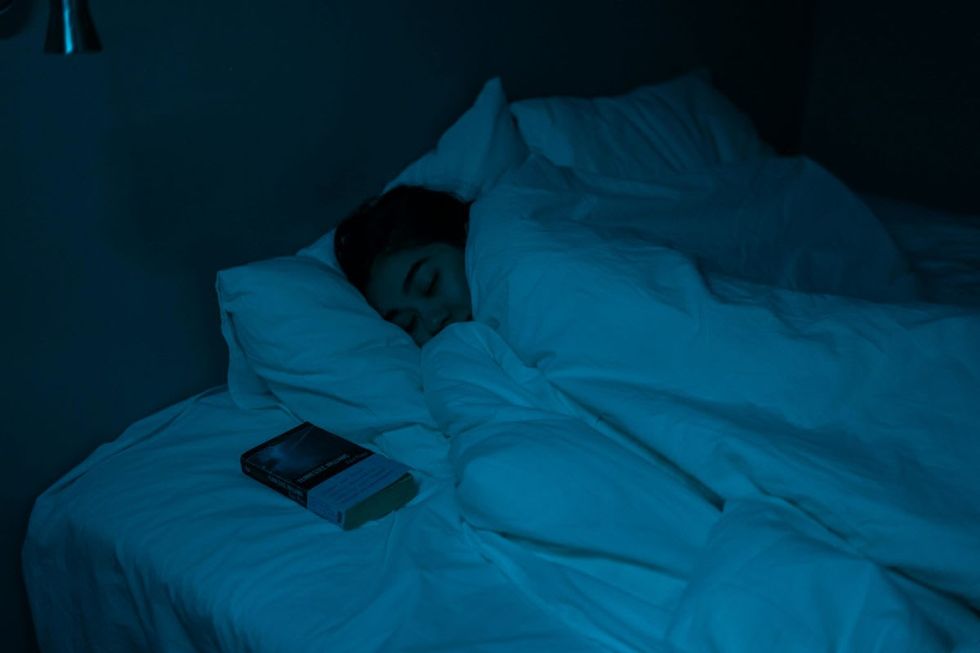
Despite these challenges, Roger Ekirch, a leading expert on segmented sleep, believes it could be helpful for insomniacs. He told Harper’s Magazine that this type of sleep might reduce anxiety for those who struggle to fall back asleep, making it easier to rest again. However, for most people, maintaining a consistent 7-8 hour sleep schedule is still ideal. "There's no going back because conditions have changed," Ekirch told BBC.
While history suggests that polyphasic sleep was once common, modern lifestyles may not be suited to its demands. However, understanding these historical sleep patterns could offer insights into improving sleep quality, especially for those struggling with insomnia or irregular schedules.








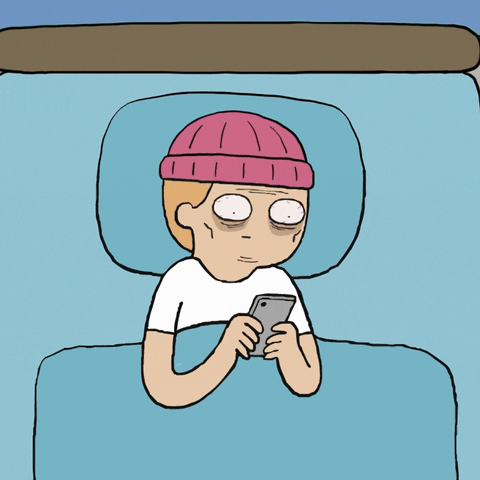





 It wasn't even February, so she wasn't expecting what came next.
It wasn't even February, so she wasn't expecting what came next.  The hug came first, the 'yes' took a few moments more.
The hug came first, the 'yes' took a few moments more. 



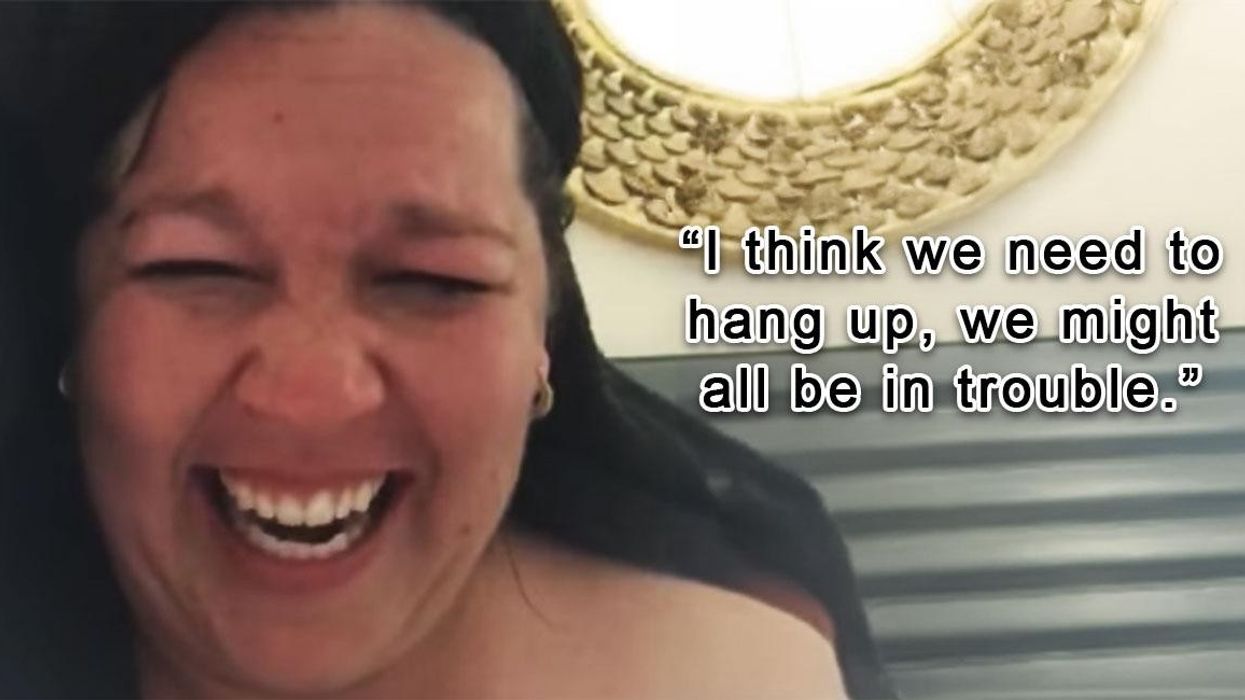

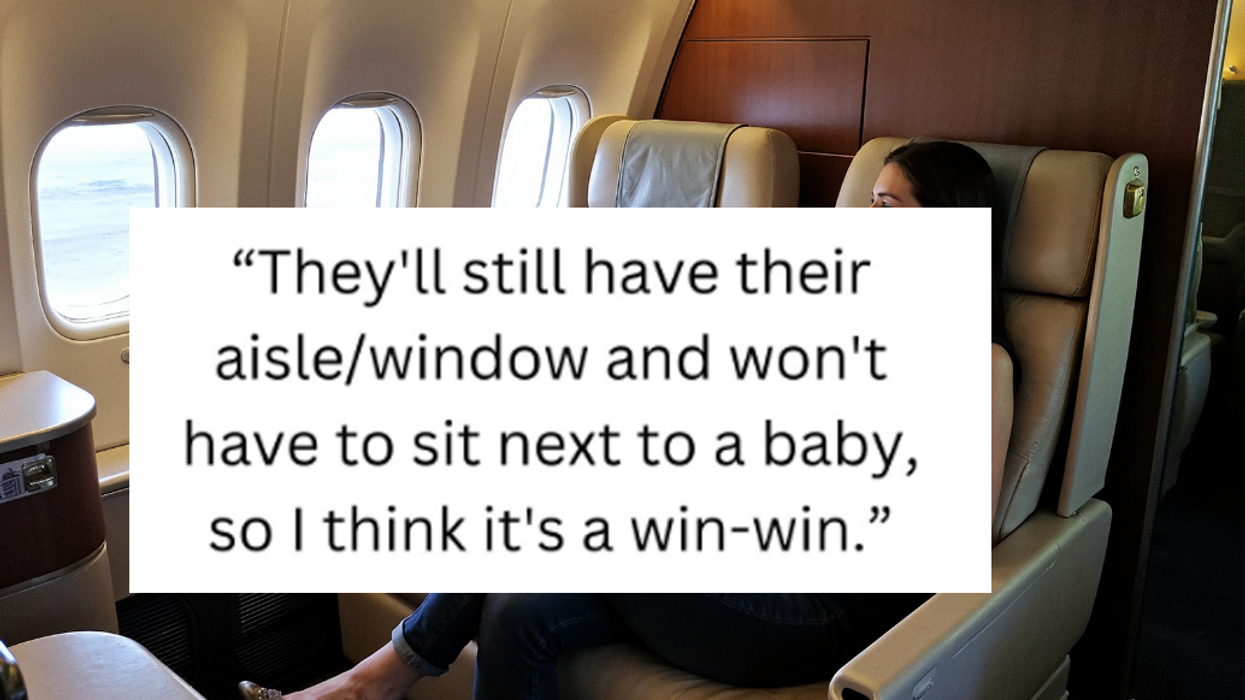
 Representative Image Source: Pexels | Oleksandr P
Representative Image Source: Pexels | Oleksandr P  Layout of the plane seatsImage Source: Mumsnet |
Layout of the plane seatsImage Source: Mumsnet | 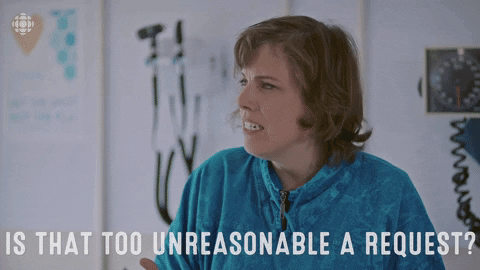



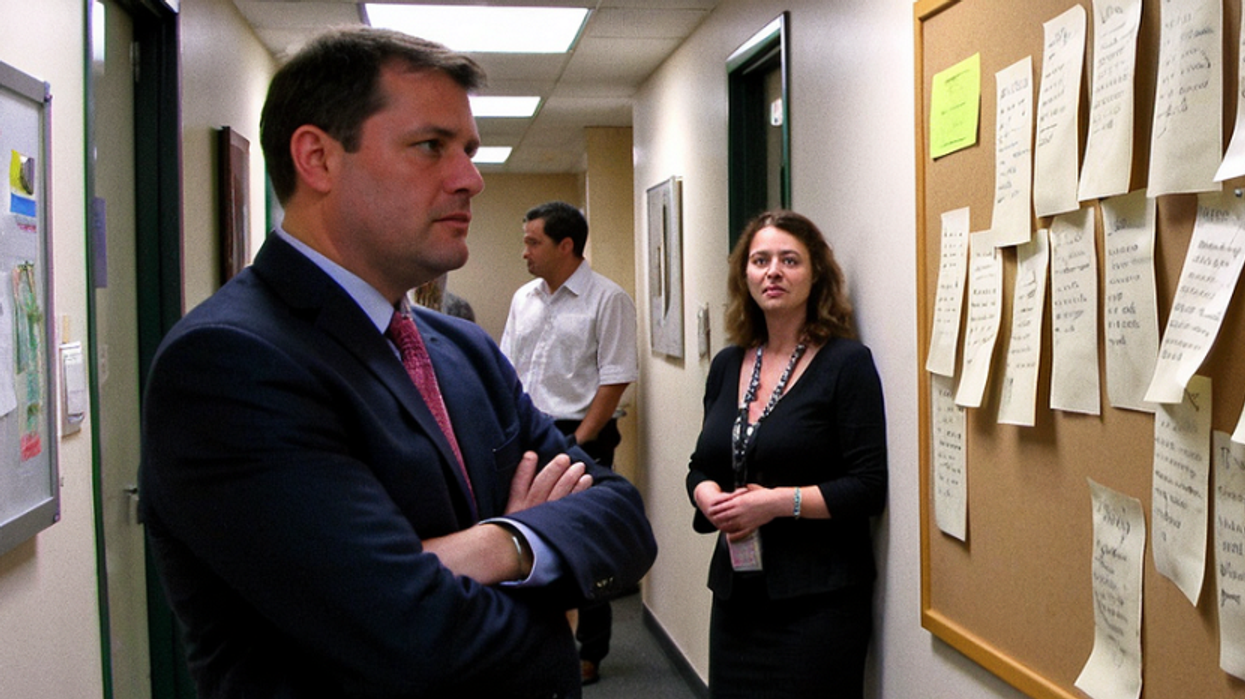
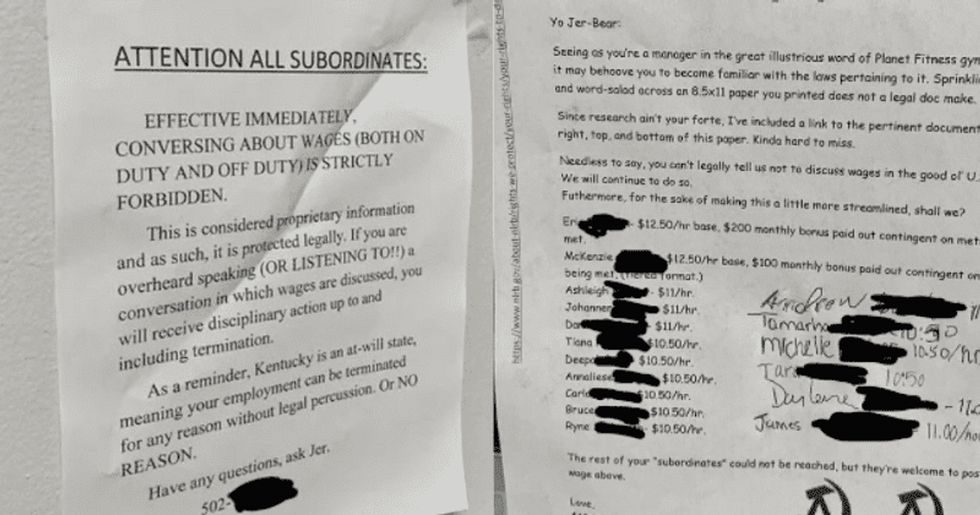 Image Source: Joshua Potash | Reddit
Image Source: Joshua Potash | Reddit 



 Representative photo by luis arias |
Representative photo by luis arias | 
 Representative photo by Jamie Lee |
Representative photo by Jamie Lee | 
